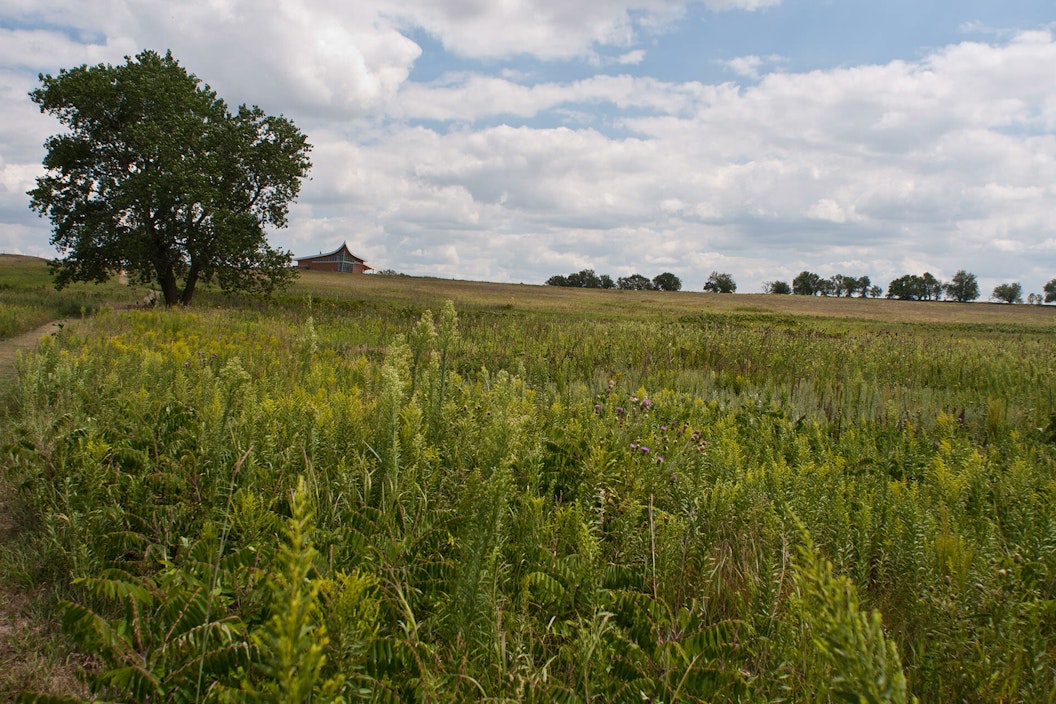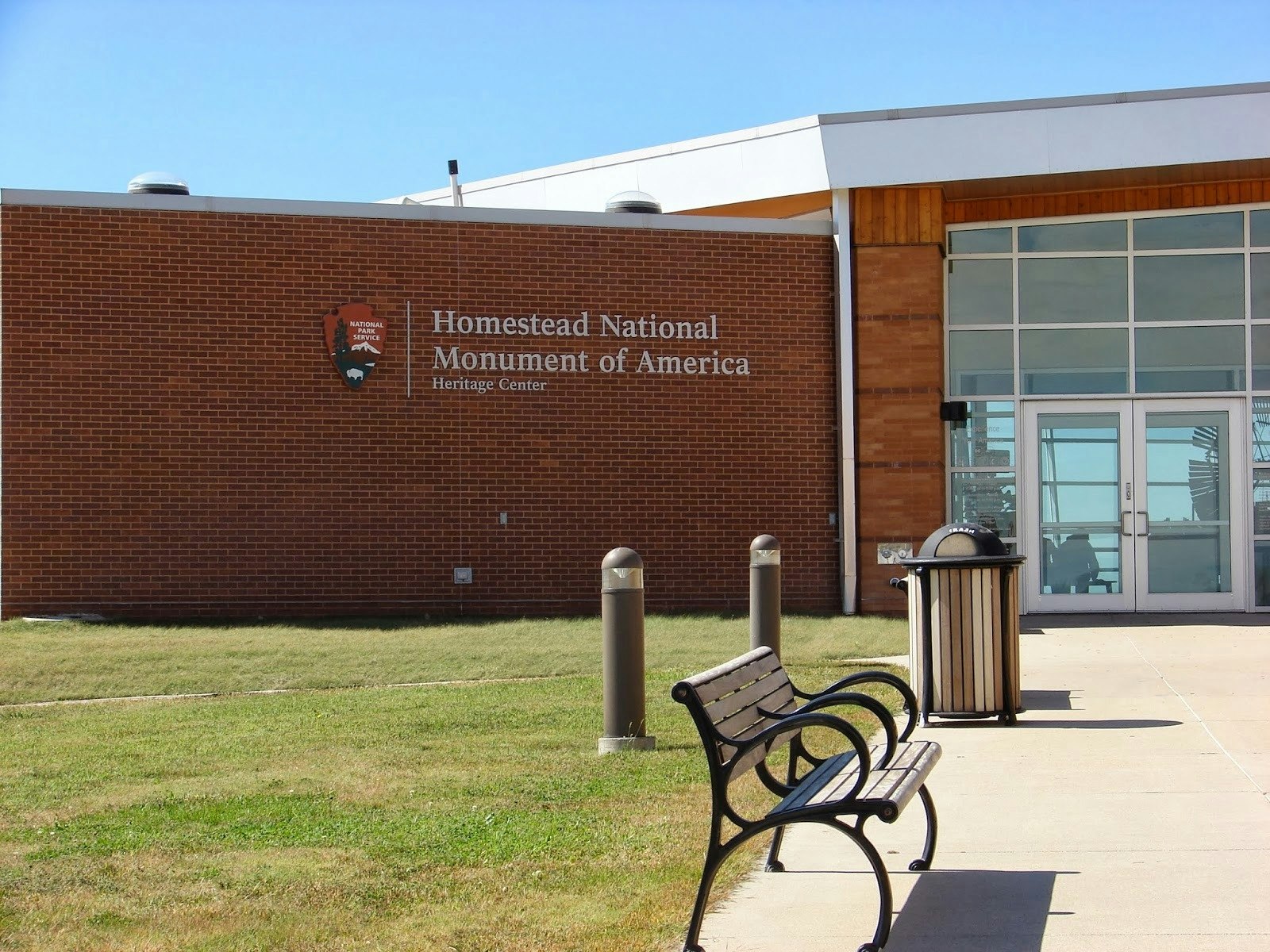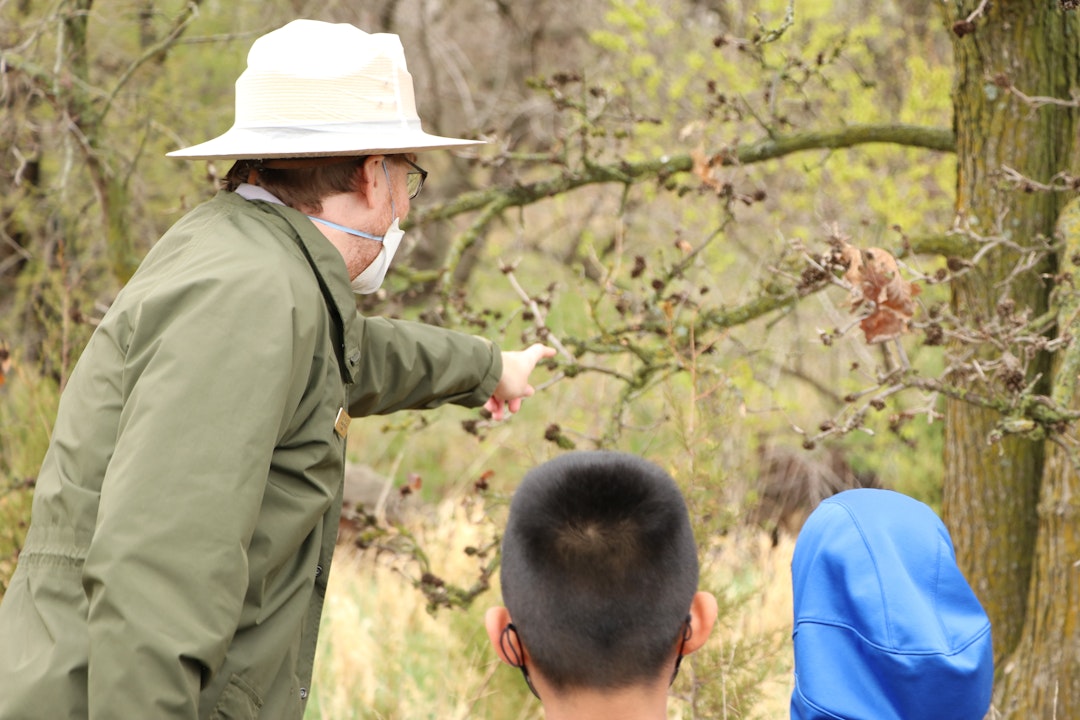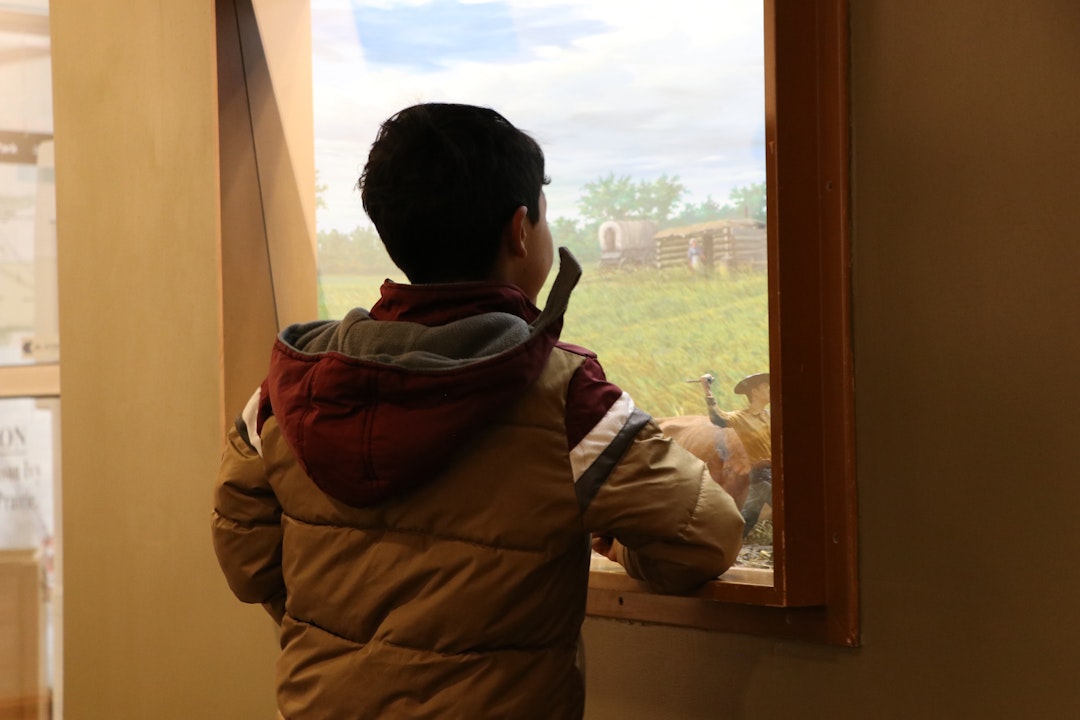
Homestead National Historical Park commemorates the westward expansion of the United States.

Thanks to a ParkVentures grant from the National Park Foundation (NPF), Nebraska’s Homestead National Historical Park was able to partner with El Centro de las Americas to produce bilingual videos highlighting the connection between the Homestead Act of 1862 and Latino immigrants.
Homestead National Historical Park helps preserve and share the stories of the history and legacy of the Homestead Act of 1862, through which homesteaders of many demographics created settlements and farms, drove industrial advancement, and built our nation chasing the American Dream. Nearly four million homesteaders settled land across 30 states over 123 years, and many of their stories have remained untold.


The park is working to collect and share the stories of homesteaders from a variety of backgrounds, including women, immigrants, veterans, and more. The ParkVentures grant from NPF enabled the park to partner with a local non-profit organization, El Centro de las Americas (El Centro) to develop bilingual materials surrounding the history and legacy of Latino homesteaders. El Centro is a non-profit organization, based in Lincoln, Nebraska, that provides support in education, family support, youth empowerment, health, and resource navigation initiatives in their local community. The resulting videos, available on the park’s website, help connect audiences to the histories of Latinx people who homesteaded, especially in the Southwestern states.
NPF uses the terms Latino and Hispanic. While the intent is to honor inclusivity and be representative of various ways that people identify, we recognize that this language does not account for all identities. We also recognize the importance and need of specificity in reference to distinct communities.